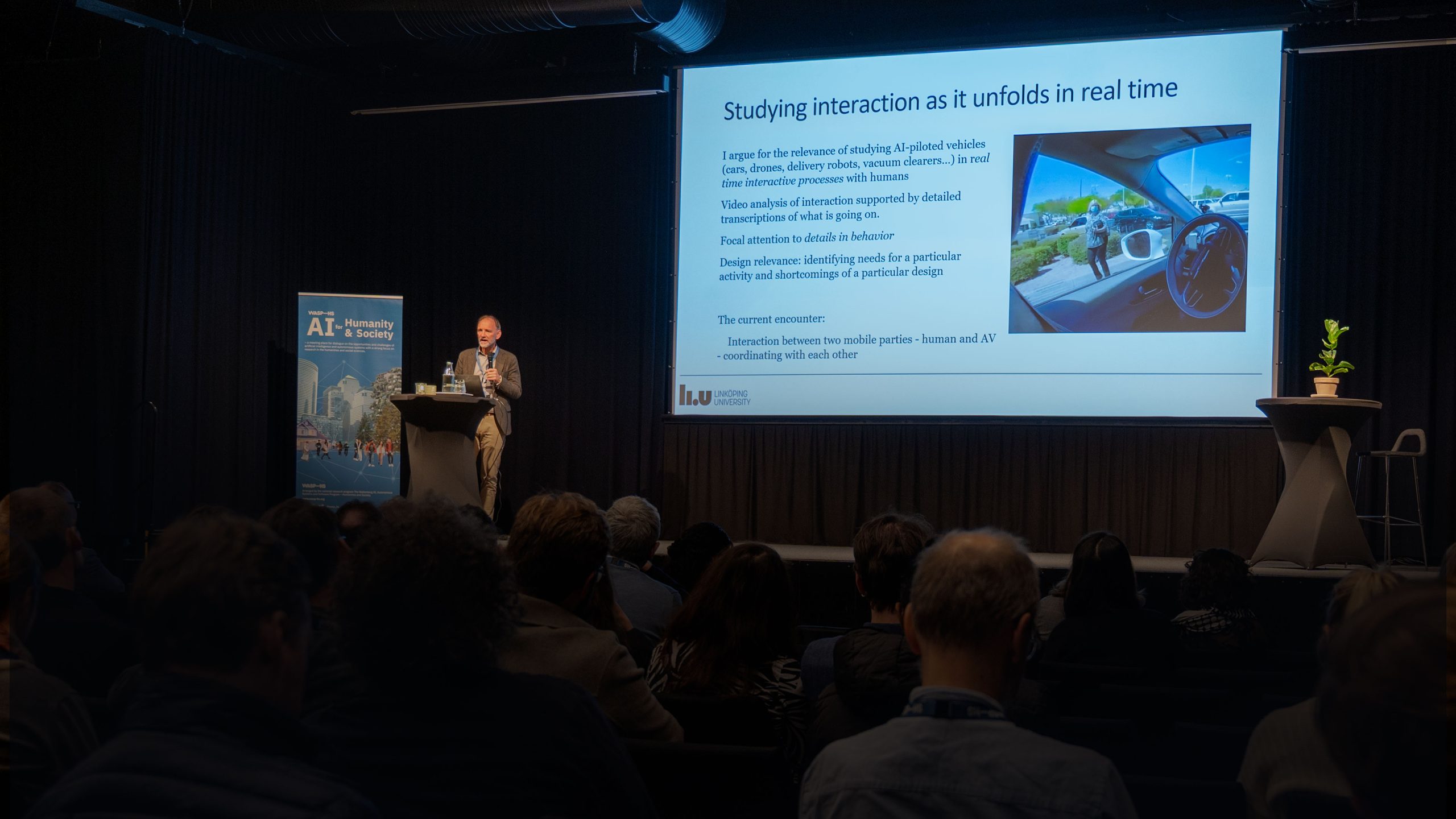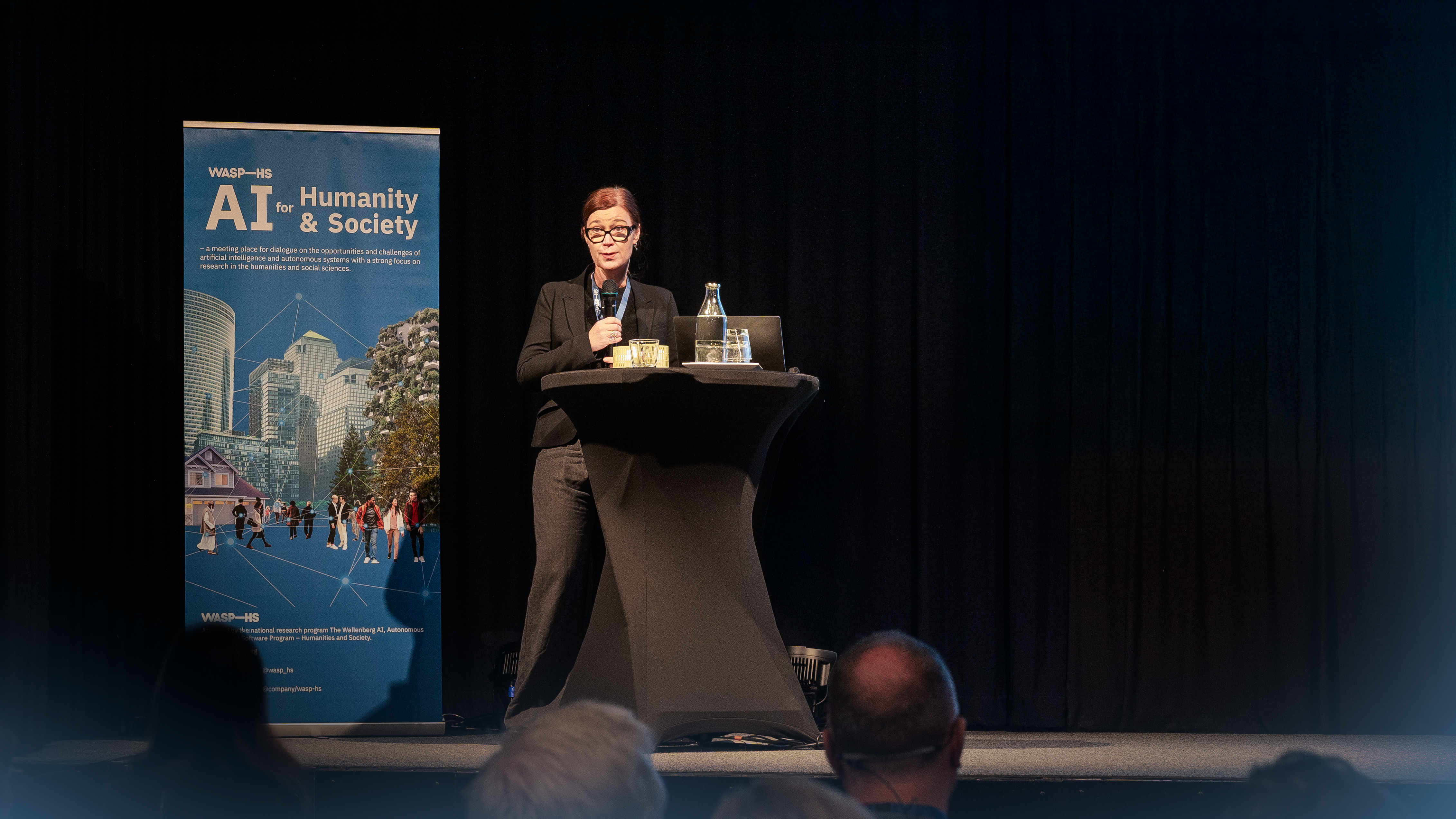WASP-HS Principal Investigator Fabian Lorig, Malmö University, reflects on his project Realizing the Potential of Agent-Based Social Simulation and WASP-HS.
In short, please introduce your project.
Computer simulation is used to observe and investigate the behavior of systems under different circumstances. It is an alternative to real-world experiments, which might be expensive, time-consuming, or might jeopardize the investigated system. Therefore, simulations have become a valuable tool for both researchers and decision-makers as they enable them to better understand how systems behave in different situations. However, developing adequate simulation models that allow for drawing conclusions on the dynamics of the real-world system is challenging.
At the beginning of the Covid-19 pandemic, for instance, it was uncertain what effects different investigations have on the spread of the virus. There exists a variety of epistemological simulation models for analyzing transmission processes. These models, however, do not take human behavior into account, which is essential for investigating the success and effects of policies. Agent-based Social Simulation (ABSS) is a powerful simulation paradigm that uses Artificial Intelligence to explicitly model realistic human behavior and social interactions of every individual. Through this, an artificial population can be generated, that can serve as a testbed for investigating the effects of different interventions prior to their implementation. Through this, ABSS can provide valuable insights for decision-makers.
In practice, the use of ABSS by decision-makers is still limited. This is surprising as we believe there is a huge potential to support policy-making processes using advanced simulation. Therefore, the goal of our project is to facilitate and promote the use of ABSS by decision-makers and, thus, to realize its full potential.
What are your expected results, and what would you like to contribute?
Establishing ABSS as a tool for decision-makers is a complex challenge. On the one hand, we need to understand the requirements of policymakers to develop suitable simulation models. They need to adequately model the real world and also allow for integrating different relevant assumptions. To this end, we also need to understand the shortcomings of existing models. In a previous study, we have investigated 126 simulations models for the Covid-19 pandemic and identified a discrepancy between the needs of policymakers and what the models actually implement. Curfews, for instance, are commonly simulated in the sense that all individuals stay at home. In reality, however, there are exceptions, e.g., for going shopping or for essential workers. If these potential sources of infections are not simulated, the explanatory power of the simulations might be limited.
On the other hand, we need to advance ABSS to develop more sophisticated models that allow for investigating the scenarios that decision-makers are interested in. The fact that many simulations make use of simplifications when simulating interventions is also due to the complexity of the models. While strict curfews can be modeled rather easily, more realistic models of curfews require more advanced representations of the individuals. This includes, for instance, a representation of the agents’ jobs, their need to go shopping, or a tendency to violate the curfew.
To achieve these goals, we plan to closely collaborate with policymakers from different domains, for instance, pandemic control, healthcare, transportation, or the public sector.
What is your view of being a part of WASP-HS?
The Covid-19 pandemic showed us that there is a great potential in AI-based applications to overcome societal challenges. However, it also showed that the transfer of these innovations from science to society is still lacking. Being part of WASP-HS is valuable for us as it provides us with a platform to collaborate with researchers from other areas. This helps us to advance our approaches and to make them more usable for societal stakeholders.
What are your expectations on WASP-HS?
Promoting and consolidating interdisciplinary research that is aligned with the needs of public stakeholders requires supportive structures. We are convinced that the doctoral students will greatly benefit from being part of the WASP-HS national graduate school. It will provide the perfect conditions and optimally prepare them for conducting interdisciplinary research that contributes to solving societal challenges. But even with respect to future research initiatives, we believe that WASP-HS provides an excellent platform that facilitates the exchange between researchers, practitioners, and public stakeholders.





